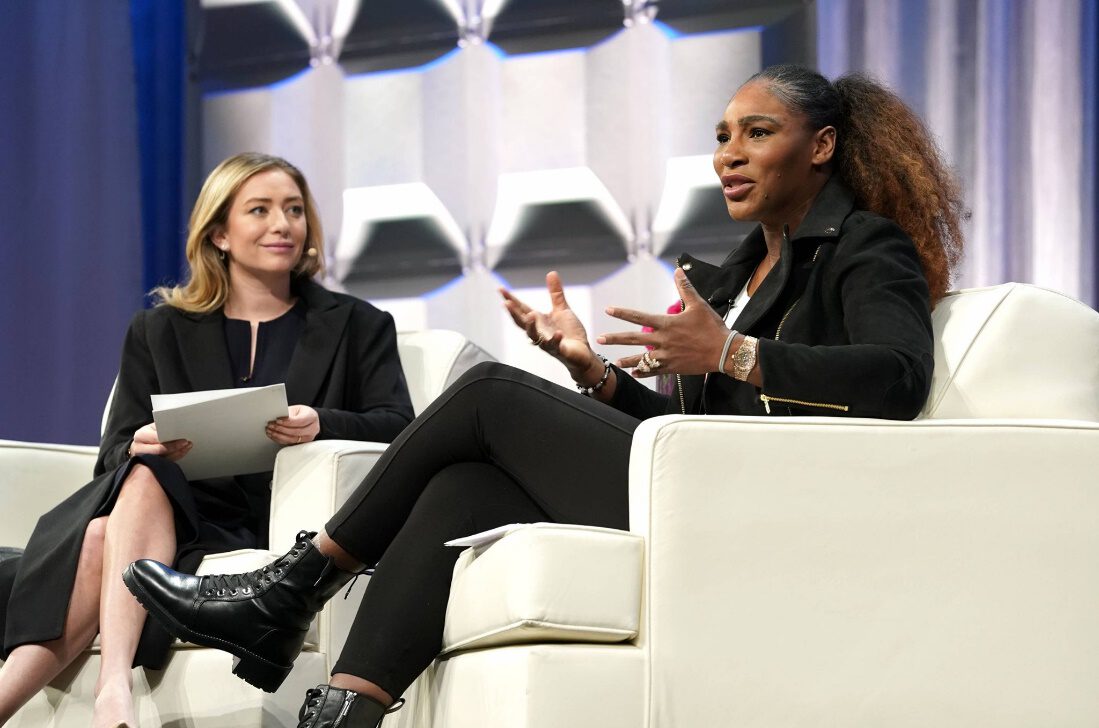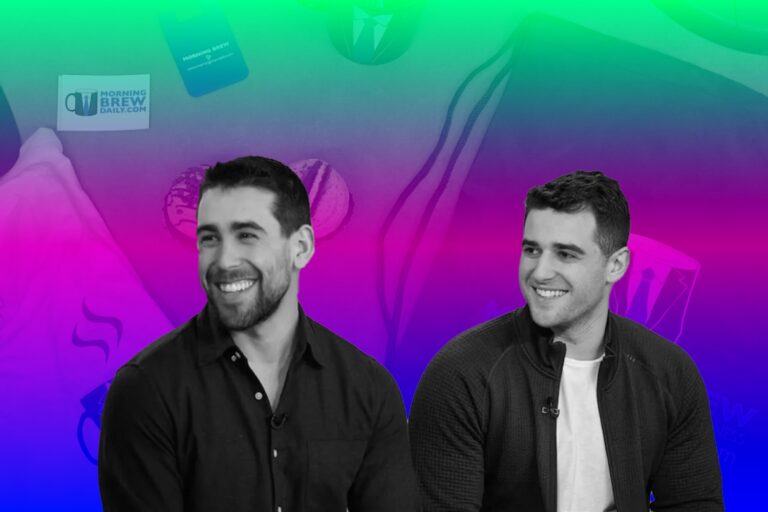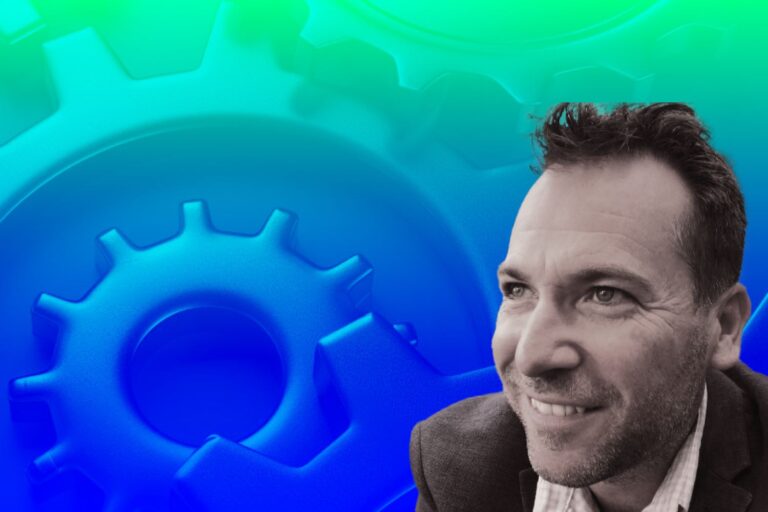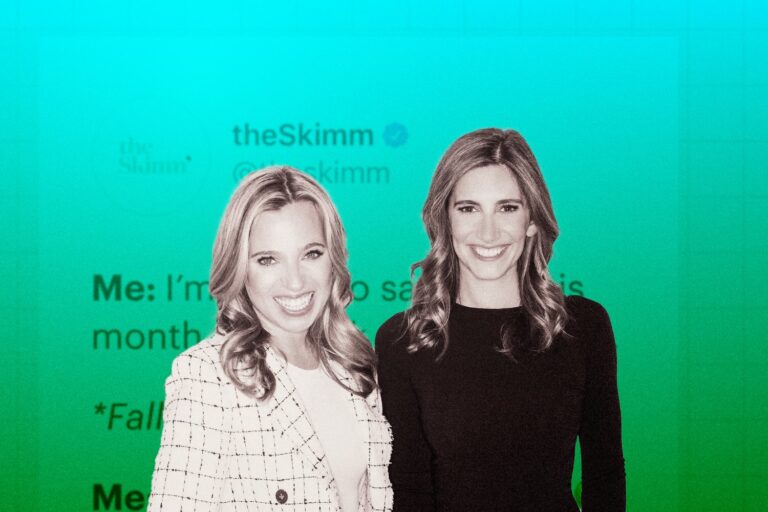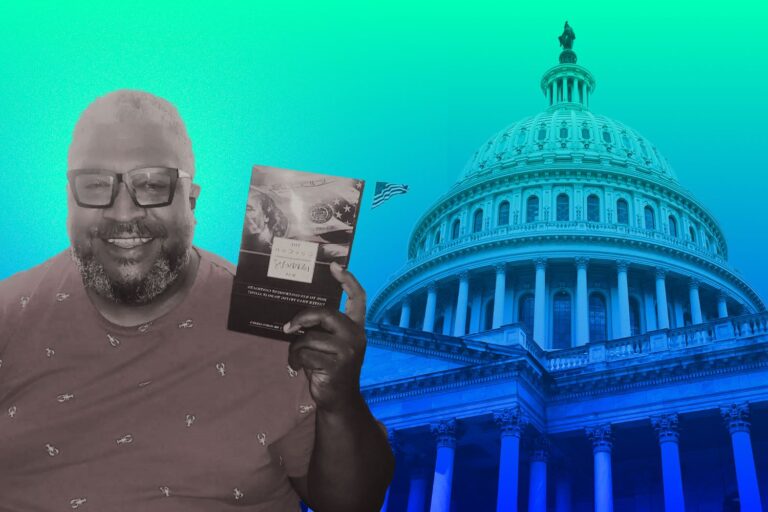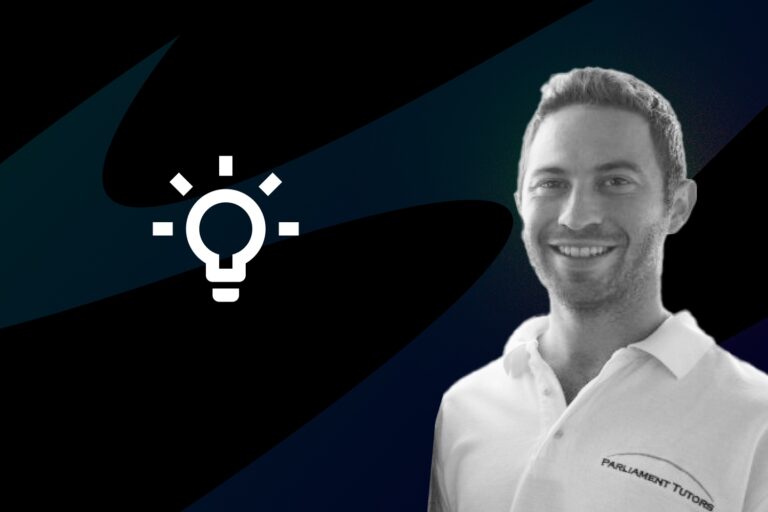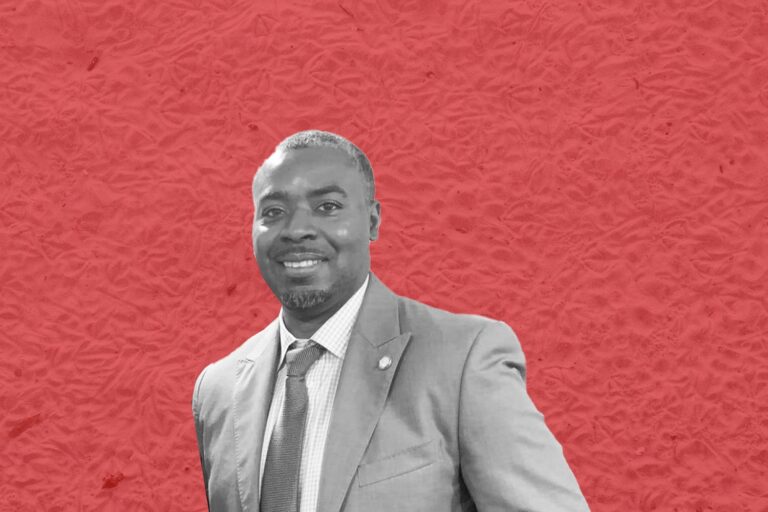Serena Williams & Her Athletic Mentality to Cultivate Hers and Other Businesses
Serena Williams has been known for her overarching athletic sensation but her fierce ambition and talent that earned her recognition extends beyond the sports world. The world No.1 tennis player not only kicked off her own fashion brand S by Serena but also invested her money in emerging startups that nurtured world-changing ideas and products. As the first athlete ever to hit Forbes’ annual list of the World’s Richest Self-Made Women, this woman is now worth $225 million with sports winnings and endorsements made a small fortune while the bulk of her wealth actually comes from her business practices.
The owner of the greatest serve in women’s tennis learned discipline and ambition from her father, who helped raise two future Tennis Hall of Fame sure bets. But he also taught them much more about success in life: “I used to take Venus and Serena to work with me so they could learn the importance of planning, responsibility, and a strong work ethic, even at their early age,” said her dad, Richard Williams.
It’s no wonder that whatever Serena does, she strives for perfection. Other than being coined with 23 Grand Slam titles, Serena is also an active philanthropist. She openly speaks up about sexism and ageism, both on and off the court yet her advocates for the underrepresented were most reflective through her company and investments. Let’s unfold how Serena’s role as an entrepreneur and investor impact the lives of other people.
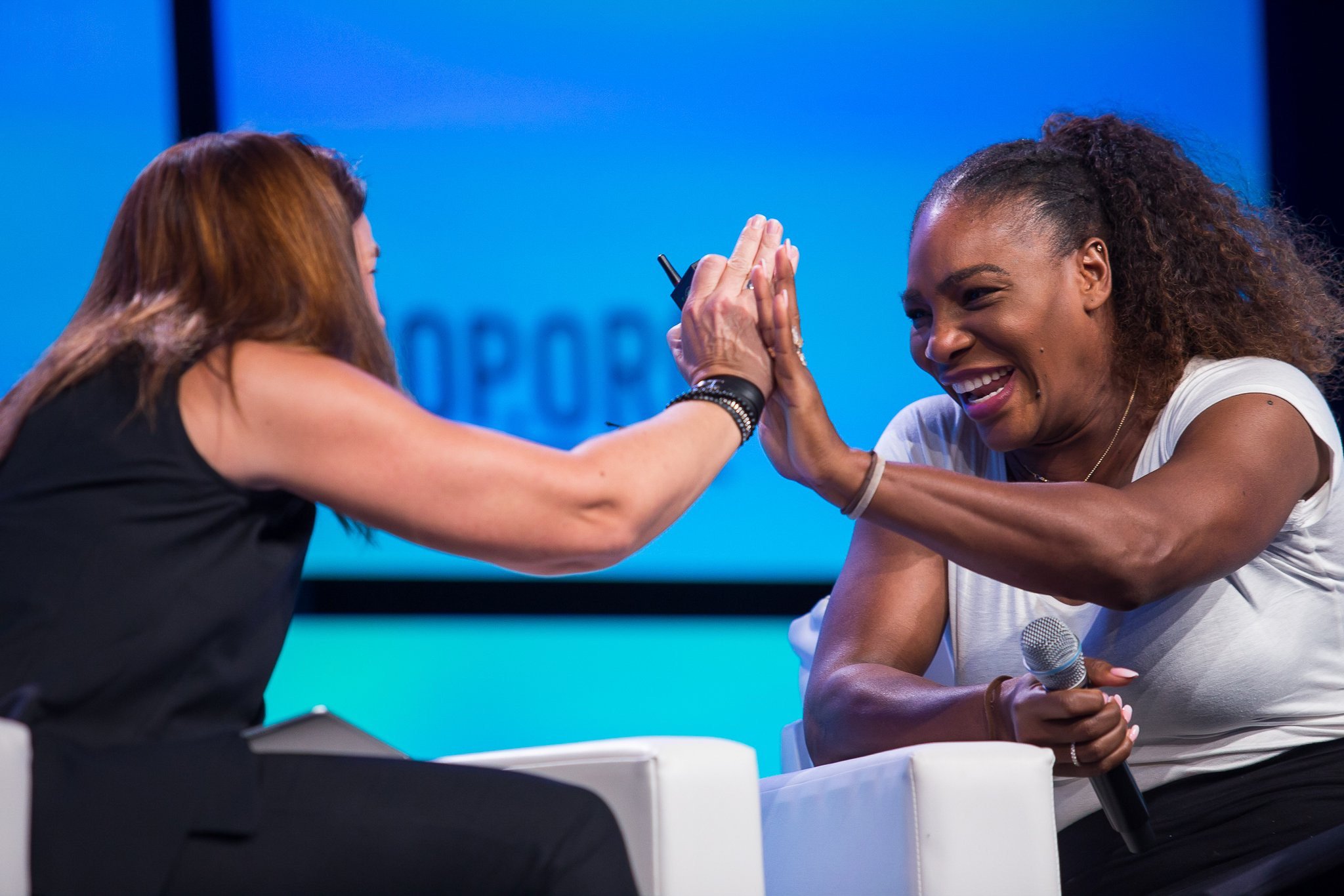
S by Serena: From Invest in Herself
Serena’s passion for fashion derived from her early childhood. “I’ve always loved fashion,” she says. “I remember when I was a kid, my mom used to make all our outfits. Back then, they had Vogue patterns. I would always see her pinning them and making all our clothes. And she taught us how to sew early on. So, I used to sew clothes for my dolls out of old socks and I would cut them up and make little outfits out of them,” she shared.
“Eventually after high school — somewhere in between winning Wimbledon and several US Opens — I went to art school,” she continued. Had she not been the world’s number one tennis player, Serena would have followed a professional fashion career. She studied fashion at the Art Institute of Fort Lauderdale in Florida from 2000 to 2003. “I excelled at pattern making. I think it’s because I love mathematics and I like the technical part.”
Yet even when she got off to the athlete’s track, fashion is still a language to tell the world who she is. Williams has been a meticulous curator of her personal brand throughout her tennis career, frequently employing fashion presentations to shape her public image. She’s worn tutus, catsuits, denim miniskirts, and even striking jewelry on the court. “This is where a lot of people see me and I’m super creative,” she says. “It’s like, how do I express who I am? That’s one thing I love about clothes. You can express how you’re feeling [and] who you are by what you wear. I didn’t want to have the exact same look that everyone else was wearing. I like to stand out.”
As a well-known fashion icon, her dedication is portrayed through a variety of endorsements and partnerships, with Nike to create show-stopping looks or with Virgil Abloh to design the “Queen” collection, just to name a few. Nevertheless, these engagements didn’t seem to satisfy Serena’s desires. Smoller, her longtime endorsement agent, recalls a recent meeting at Nike. “I was talking, and Serena interrupted me and started asking all these questions about their distribution channels, KPIs and growth strategies,” he says. “I looked around and saw their faces… She’s at a level where she wants to understand the process and methods, which I think a lot of people don’t expect.”
Serena started her real fashion venture with a brand called Aneres, yet it didn’t come off well. “Everyone that goes to fashion school wants to do eveningwear,” she reflected. “I stuck with that for years and years and I loved it. But I was doing evening gowns and we never actually sold anything — nothing that people could really actually buy in store. We did some amazing shows, and I was able to be super creative in those shows, from head-to-toe, from makeup to eyelashes to shoes to nail polish. Literally every decision was based on what I wanted… But it didn’t work,” Williams shared. Despite meeting with countless companies and received positive feedbacks, Serena couldn’t put her collections in the store. “I’ve sat through so many of those meetings, more than I can count, to be honest. And they’re demoralizing.” – she remembered.
Failure at eveningwear didn’t put off Serena’s efforts, for what she believes in has always been when one door closes, another door will open. She endeavored to other possibilities and found sportswear to be the next stop. She partnered with The Home Shopping Network to organize see-now-buy-now shows staged at New York Fashion Week in 2014. The collaboration was great, but it still fell short of Serena’s longings. She always wanted more.
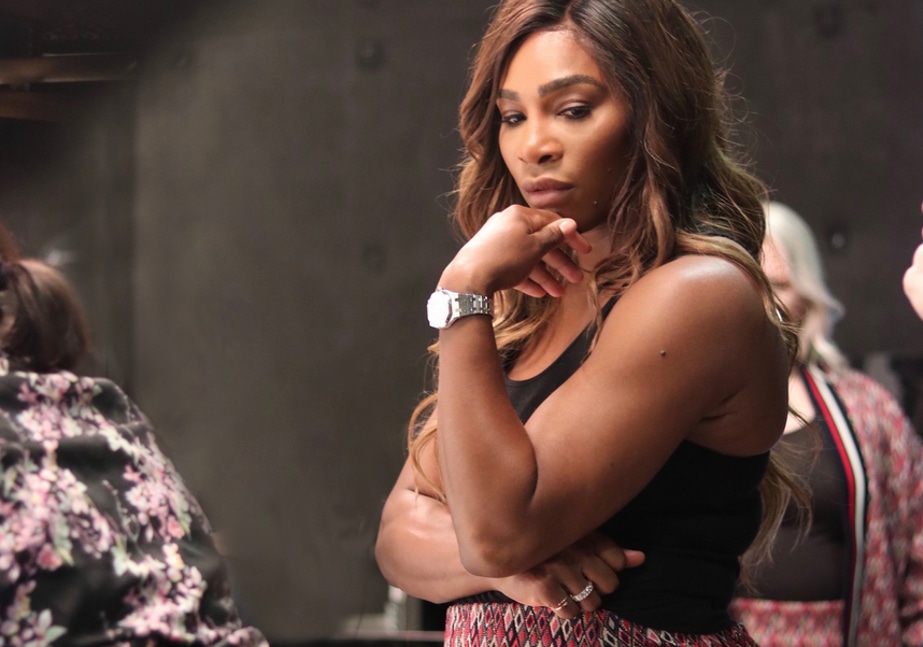
“And then one day I was talking to my friend, and she was like, ‘Oh, you know, I really love my music and I don’t want to give up.’ And I was like, well, sometimes you have to invest in yourself and if people don’t want to invest in you, you have to believe in yourself and invest in yourself,” she recounted. “And then I stopped. It hit me like a ton of bricks. I was like, ‘Oh my God, all this time I have been doing different things and meeting different people and doing HSN, but I’d never actually invested in me.’ So, I was like, ‘I’m investing in me!’”
Due to Serena’s contract with Nike, there are some constraints over what she can sell through her personal brand. “I can’t do athletic wear or athleisure,” she explained. But whilst many would see this as a stumbling block to launch a clothing business, the world-famous athlete sees it as an opportunity. “Right now, I think the market might be really saturated with athleisure.”
The company kicked off with the campaign “What Is Your S?” in which consumers, including Williams’ millions of social media followers, were invited to share personal experiences and perhaps purchase a S logo pin or T-shirt. “S by Serena has been about community and not about money” – she explained. “Obviously, we do need to stay afloat, but we also want our customers to be happy when they’re wearing our clothes.” Serena defined her own S’s as “strength,” “survive,” and “sometimes just overall being strong.”
Serena Ventures: To Invest In Others
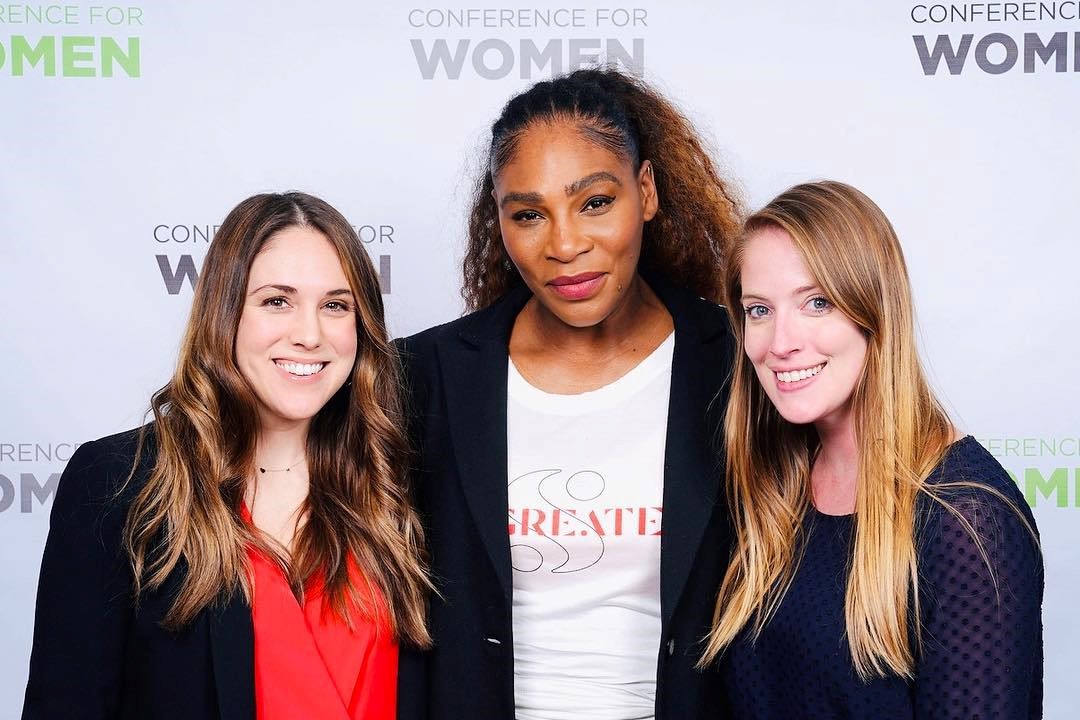
If there was anything Serena could do to uplift her empowerment other than establishing a fashion line, it was to create opportunities that others can harvest. That’s the drive behind the founding of Serena Ventures, a venture capital that focuses on companies founded by women and minorities.
While Serena Ventures was officially announced in public in 2019, Serena has been putting her money on early-stage companies since 2014. While observing tech companies like Google or Facebook expand into juggernauts, Williams’ entrepreneurial spirit couldn’t sit still. Why hadn’t she been able, or asked, to invest in them? “That was my thinking,” Williams says. “How do I get in the ‘in’ crowd?… I mean, I wasn’t making a billion bucks a week, but I’ve been earning a check since I was 17 and I would have liked to have been able to invest in certain things. How do I get on those cap tables?”
Her thoughts were not just about the money. She concerned more about people like her, women or people of color or both. In 2019, start-ups led by female founders only accounted for 2.3% of all venture capital investments in the US. The numbers are worse for black and Hispanic founders. Yet almost two-thirds of Serena Ventures’ deals so far have invested in companies headed by women or people of color. “What better way to preach that message?” asked Williams.
The only way to increase those numbers is to put enough opportunities in those companies, especially in the seeding round. More than three-quarters of 34 startups Serena Ventures has supported are in the early stages. “It’s fun to get in there. I don’t gamble. I don’t jump off buildings,” says Williams. “I’m the most non-taking-a-chance kind of a person, but I felt like seed was where we wanted to be.”
Despite her non-financial background, Serena has surrounded her with a team of Silicon Valley mentors that could patch off any omission and harnesses the best deals. Quietly, she partnered with Alison Rapaport, a JPMorgan veteran and Harvard MBA, and began putting seed money into companies such as Nude Barre, which creates color-tone undergarments and hosiery for women of all skin shades, and Billie, which sells shaving products for women at a lower cost than men. At the time, Williams was already sitting on the boards of SurveyMonkey and Poshmark, but she feared that her investments would be dismissed as the hobby of yet another celebrity dilettante. “I’m like, you know what? I want to do this seriously,” she says. “I want to build a portfolio. I want you to see what I’ve done and have that speak for me.”
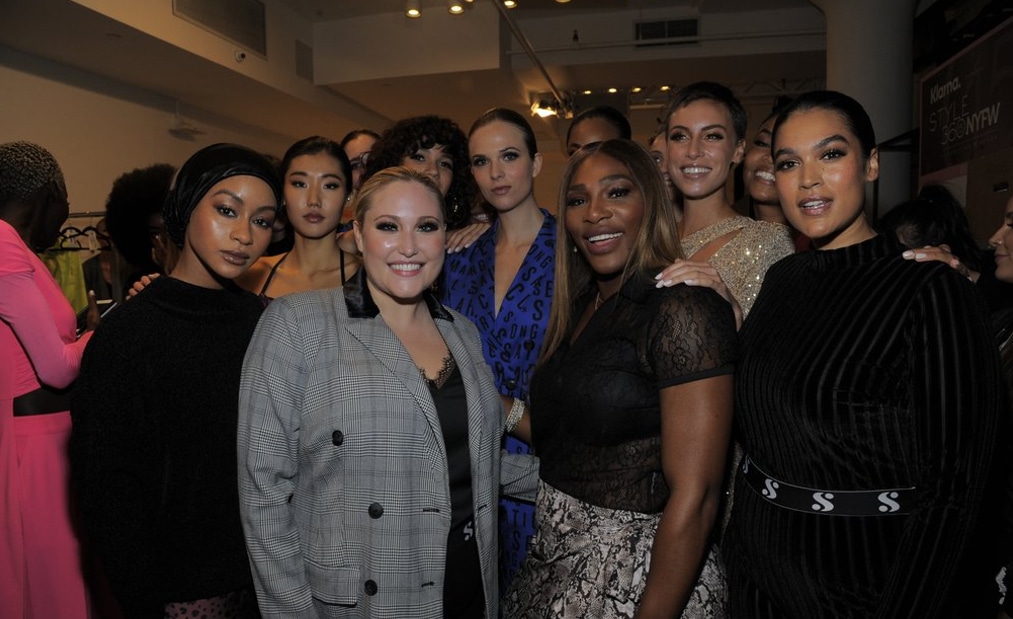
Not until Olly, the first of Williams’s portfolio companies to exit, was acquired by Unilever in 2019 did she announce Serena Ventures via Instagram. Williams and her small team—Rapaport and associate Abir Liben—encourages founders to invest in diverse recruits. Serena Ventures “connected me to candidates who represented minority groups,” said Diego Saez Gil, co-founder and CEO of Pachama, a company that uses AI to monitor forest restoration and conservation initiatives. “That was important for us. We ended up employing a fantastic engineer who is Black, female, and transgender.” – Diego admitted.
How Serena Acts as an Entrepreneur and an Investor?
#1. Be Risky
Serena takes the championship mentality into everything she pursues. On the court, being fearless is crucial for her success. She remembered one of the big moments in her career was just saying, “close your eyes and hit the ball as hard as you can.” And she won the US Open. “From that, it always made me feel that I have to be fearless and take chances. You definitely have initial fear, but you have to harness it and realize that sometimes fear can hold you back.” – Serena shared.
The same goes for investors. Investing is all about taking calculated risks and preparing yourself. “So whether I’m looking at an investment or a new business venture, I’m really a student of the game. Risk-wise, I try to make sure I’m super well informed.” Serena couldn’t have topped the tennis game while nurturing dozens of early-stage startups without breaking her own limits. “You can’t be a champion without taking risks and having different challenges. Nothing I ever set my mind to is easy or risk-free.” – she assured.
#2. Be Prepared
If you want to take high risks, you always need to be prepared. Serena recalled that in order to harness the best deals, she and her team had to do tons of due diligence before making any moves. “And we literally are ready to invest, but we pull the money because we realized that one extra call made all the difference in the world and opened our eyes up to so much stuff. So it’s also about taking that calculated risk and setting yourself up by doing as much due diligence as you can.” – Serena said.
She puts tremendous effort into preparing herself, either for tennis or in business. “I don’t go into a match unprepared, and I don’t go into any meetings unprepared. I usually have my computer and all my notes together. And I do study sessions before. I want to know who I’m talking to. What do they like? What do they dislike? Where are their strengths, and do they have any weaknesses? For me, it’s really good to go into a meeting knowing that” – Williams reflected. “I try to surround myself with experts who drive and try to excel but also ask a lot of questions.”
#3. Be Flexible
As entrepreneurs and investors are walking out of the pandemic, they need to adjust to the changes in business operations. Maintaining certain flexibility has minimized the impacts Covid-19 had on her business, Serena reflected. “I built a team to have our own warehousing where we did our own shipping. So when Covid happened, we didn’t have a third-party shipping company, so we were fine. And we could have one person in the warehouse go in and still ship things and make fulfillments. It was perfect. Our COO called me and said, “I’m so sorry I doubted you—this is brilliant.” We’re able to keep everything going because of everything I set up.”
Her VC firm is no different. “My team is out in San Francisco, but obviously with me traveling with tennis, it was really important for us to build a great working relationship, and a great way to do that is to always have meetings. We’re always on camera and on our computers talking to each other through our screens. So it was kind of natural. And then with board meetings, I decided we could save a lot of our time if we had our board meetings virtually. We can do a lot more. We can get a lot further. We don’t waste money. We can invest that money somewhere else.” – she shared.
Serena believes having the ability to be flexible when needed is extremely important, especially for teams. “Particularly with VC, you really need your team to work together. So for me, it’s super important. I think there are different ways to do these things. Zoom is great, but I feel like we have to figure out how to be together, just to make sure the company and everyone still feel good and is able to face the challenge as a team.”
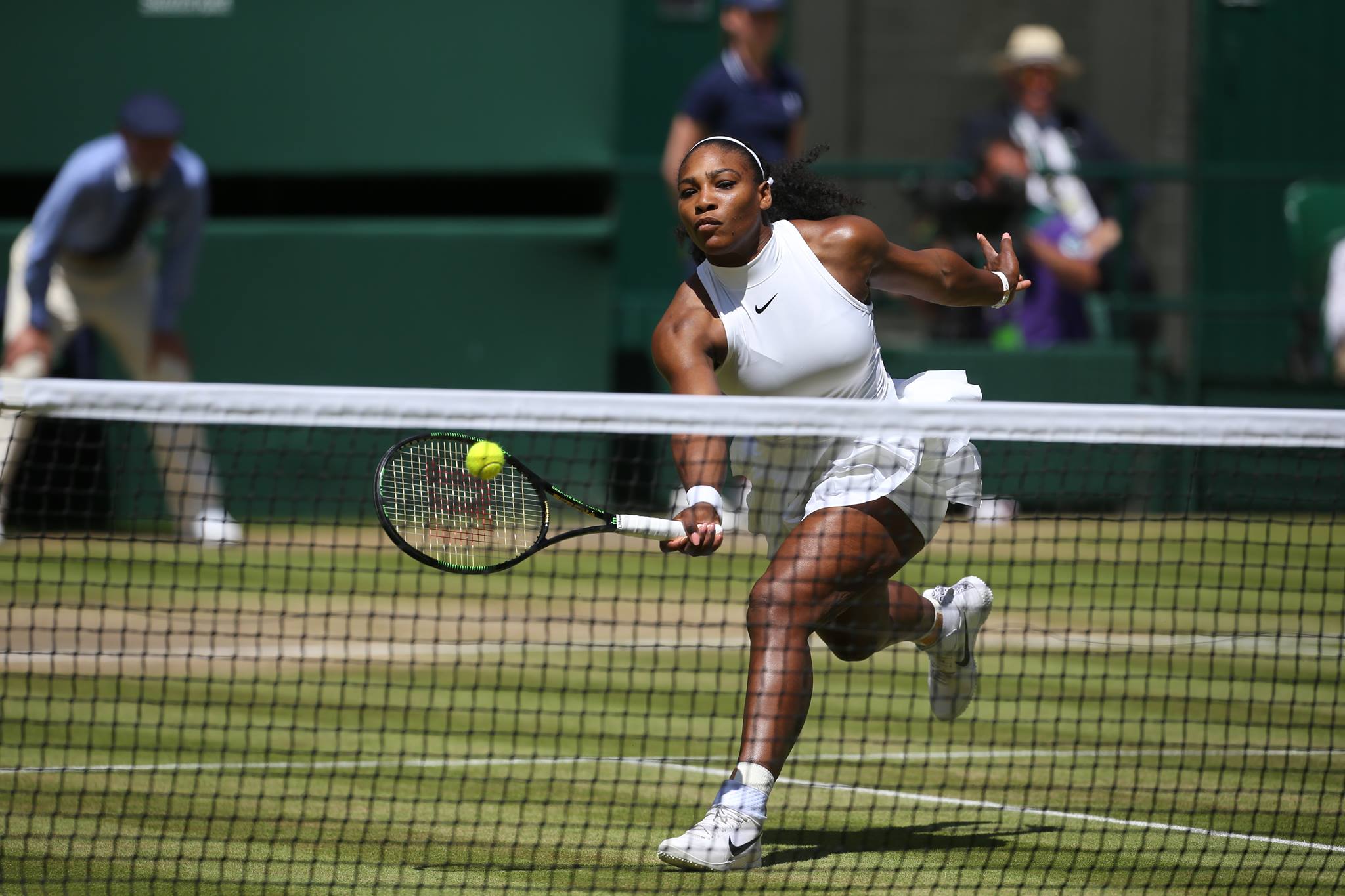
#4. Be Inclusive
Serena’s decision to focus on women and people of color isn’t just a social purpose. That’s also how she finds new opportunities by avoiding the herd. “I built Serena Ventures to be inclusive because I felt like that’s what we need. When I started investing, I wanted to invest in people that didn’t have opportunities—that weren’t included.” – she recalled. “For me, inclusion goes beyond just being in the room. It’s about making sure all the voices heard include people from all different types of backgrounds. Talent does not discriminate. I feel like my portfolio includes founders from all walks of life. And we range in different markets, too. We really try to continue to keep going and make goals every day and make people better.”
The inclusion and diversity in Serena Ventures also help attract diverse deal flows as founders identify with the investment team and consider Serena Ventures as a safe place to share their vision. “They want to work with us because they know that we will come to them from a place of empathy”- shared Alison Rapaport, portfolio manager at Serena Ventures. The wide variety of deal flows also enables Serena’s team to get recommendations from current portfolio companies. “We made our founders feel like we are partners who can help them grow” – Alison said.
The Bottom Line
Williams is one of those rare athletes who has transcended her sport to become something bigger. From being fearless on the court, she employs that same mentality in building her own business and investing in others. This woman is making her money worth every penny while at the same time, empowering the community around her. Williams is a powerful symbol of the American Dream and a hero for millions of people around the world.

